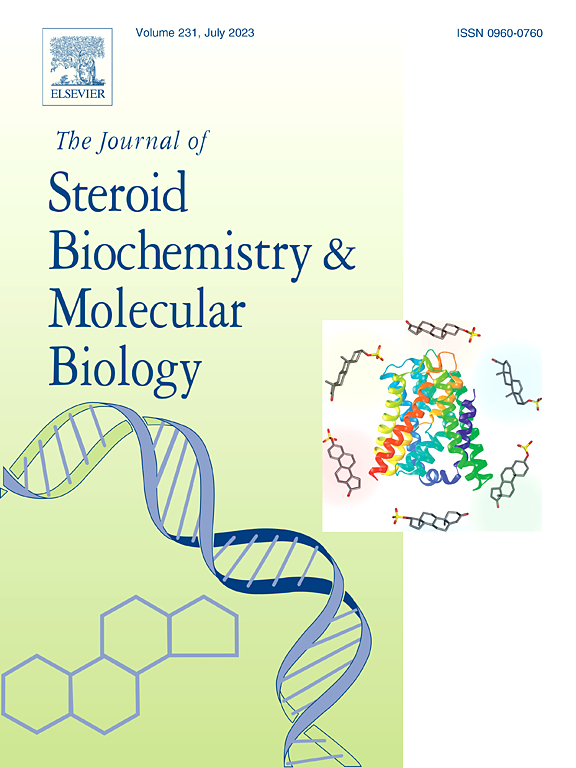Neurodevelopmental Disorders »
Autism
How to submit an article:
- Registered users can submit any published journal article that has a unique DOI (Digital Object Identifier) name or link to Research Hub.
- For example, you can paste the full DOI link:
https://doi.org/10.1109/5.771073or just the DOI name:10.1109/5.771073into the field above and click submit. - The person who is first to submit a valid article to Research Hub will forever be credited for it, and every article submission earns you +6 Research Points.
Also known as: ASD, Autism Spectrum Disorder
Published research studies are articles that present the findings of original research that has undergone a peer-review process and has been made publicly available in scholarly journals, books or other media.
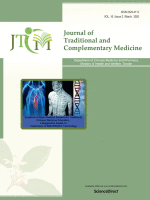
Gut microbiota and Autism Spectrum Disorder: From pathogenesis to potential therapeutic perspectives
2022 Mar Journal of Traditional and Complementary Medicine Mehra A, Arora G, Sahni G, Kaur M, Singh H, Singh B, et al.
We also reviewed new hopes in herbal remedies which can mitigate autism either via gut brain axis or directly having neuroprotective or antioxidant action.
Review Article
East Asian Herbal Medicine Combined with Conventional Therapy for Children with Autism Spectrum Disorder: A Systematic Review and Meta-analysis
2022 Feb Explore: The Journal of Science & Healing Lee JH, Jo HG, Min SY
This meta-analysis shows that East Asian Herbal Medicine (EAHM) may improves the clinical efficacy rate and Childhood Autism Rating Scale (CARS) score in children with autism spectrum disorder (ASD).
Systematic Review Meta-Analysis Autism Chinese Herbal Medicine
A Multi-Target and Multi-Channel Mechanism of Action for Jiawei Yinhuo Tang in the Treatment of Social Communication Disorders in Autism: Network Pharmacology and Molecular Docking Studies
2022 Feb 08 Evidence-Based Complementary and Alternative Medicine Linlin Z, Ciai L, Yanhong S, Huizhong G, Yongchun L, Zhen Y, et al.
This study demonstrates that Jiawei Yinhuo Tang (JWYHT) regulates neuronal development, synaptic transmission, intestinal and cerebral inflammatory response, and other processes in ASD social disorder (SCDA).
Network Pharmacology Autism
Clinical Randomized Controlled Study of Acupuncture Treatment on Children with Autism Spectrum Disorder (ASD): A Systematic Review and Meta-Analysis
2021 Jul 24 Evidence-Based Complementary and Alternative Medicine Wang L, Peng JL, Qiao FQ, Cheng WM, Lin GW, Zhang Y, et al.
This review suggests that acupuncture exerted a certain curative effect on autism spectrum disorder (ASD) and could alleviate ASD’s core symptoms. Acupuncture vs. sham acupuncture and combination treatment of acupuncture and other treatment have both been shown to improve the treatment effect. However, acupuncture methods and prescriptions at this stage remain heterogeneous and acupuncture treatment operations require standardization.
Systematic Review Meta-Analysis
Clinical Randomized Controlled Study of Acupuncture Treatment on Children with Autism Spectrum Disorder (ASD): A Systematic Review and Meta-Analysis
2021 Jul 26 Frontiers in Pharmacology Lei Wang, Jin-Lin Peng, Fu-Qiang Qiao, Wen-Ming Cheng, Guang-Wen Lin, Yao Zhang, et al.
This study suggested that acupuncture could effectively treat autism spectrum disorder (ASD).
Systematic Review Meta-Analysis Acupuncture AutismResearch insights are moderated by the Research Hub team and offer an at-a-glance overview of interesting research findings.
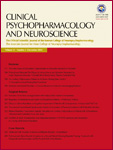
2020 Clinical Psychopharmacology and Neuroscience
Omega-3 polyunsaturated fatty acids supplementation during the prenatal and perinatal period could have a protective effect on neurodevelopmental disorders including ADHD, ASD, and MDD in youth.
Review Article ADHD Depression Omega-3 Fatty Acids Psychiatric Disorder Sardine
Nutritional Neuroscience as Mainstream of Psychiatry: The Evidence- Based Treatment Guidelines for Using Omega-3 Fatty Acids as a New Treatment for Psychiatric Disorders in Children and Adolescents
Chang JPC, Su KP
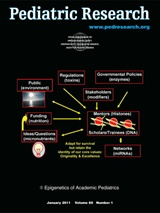
2015 Pediatric Research
The efficacy of acupuncture for some pediatric conditions is promising, such as for cerebral palsy, nocturnal enuresis, tic disorders, amblyopia, and pain reduction.
Systematic Review Children's Health
Efficacy and safety of acupuncture in children: an overview of systematic reviews
Chunsong Yang, Zilong Hao, Ling-Li Zhang & Qin Guo
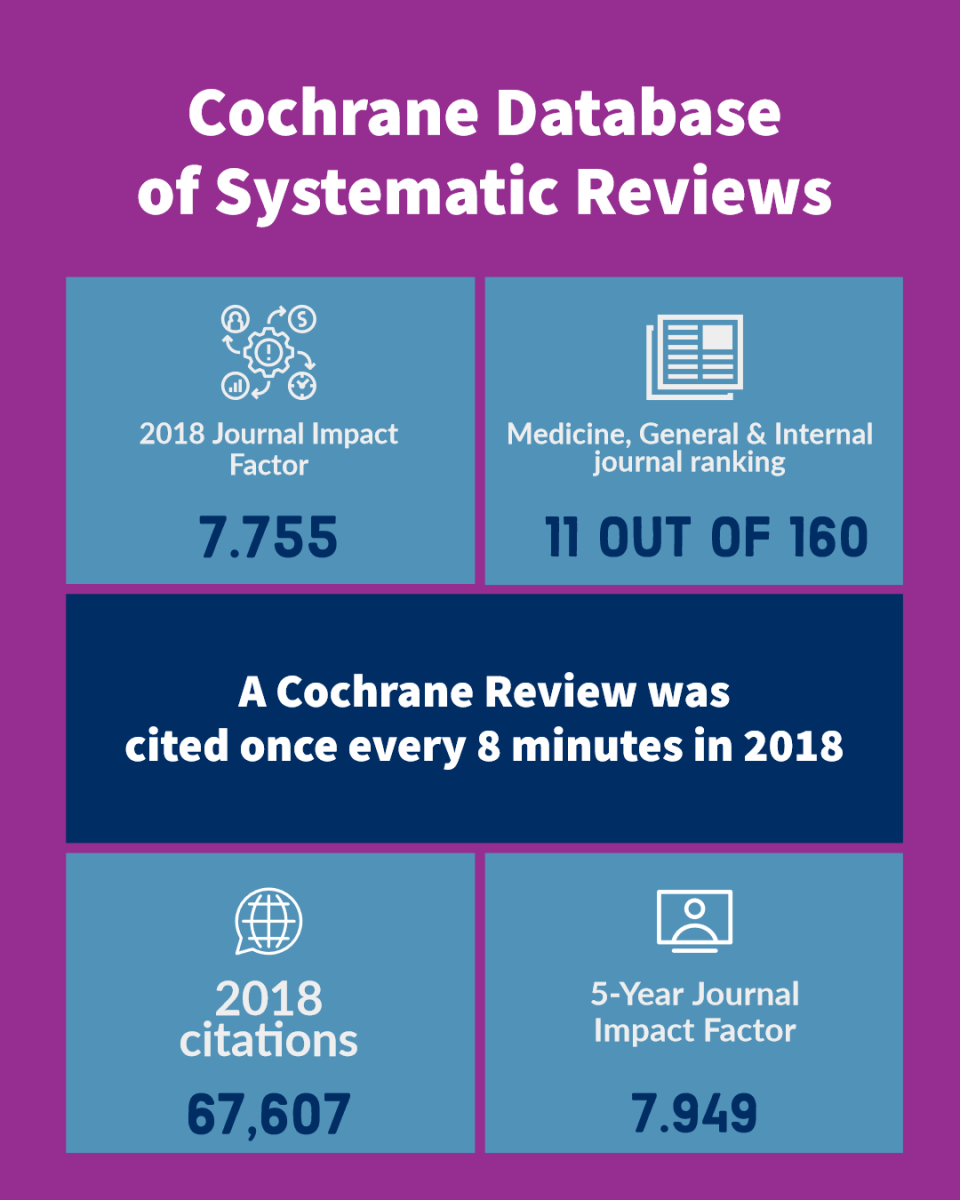
2011 Cochrane Database of Systematic Reviews
Acupuncture might result in improvement in some outcomes in children with autism spectrum disorders.
Systematic Review Mental Health
Acupuncture for autism spectrum disorders (ASD)
Cheuk DKL, Wong V, Chen WX
Review Articles
Review articles summarise and critically evaluate the current state of research on a specific topic or field by synthesising multiple primary research studies.

Gut microbiota and Autism Spectrum Disorder: From pathogenesis to potential therapeutic perspectives
2022 Mar Journal of Traditional and Complementary Medicine Mehra A, Arora G, Sahni G, Kaur M, Singh H, Singh B, et al.
We also reviewed new hopes in herbal remedies which can mitigate autism either via gut brain axis or directly having neuroprotective or antioxidant action.
Review Article
East Asian Herbal Medicine Combined with Conventional Therapy for Children with Autism Spectrum Disorder: A Systematic Review and Meta-analysis
2022 Feb Explore: The Journal of Science & Healing Lee JH, Jo HG, Min SY
This meta-analysis shows that East Asian Herbal Medicine (EAHM) may improves the clinical efficacy rate and Childhood Autism Rating Scale (CARS) score in children with autism spectrum disorder (ASD).
Systematic Review Meta-Analysis Autism Chinese Herbal Medicine
Clinical Randomized Controlled Study of Acupuncture Treatment on Children with Autism Spectrum Disorder (ASD): A Systematic Review and Meta-Analysis
2021 Jul 24 Evidence-Based Complementary and Alternative Medicine Wang L, Peng JL, Qiao FQ, Cheng WM, Lin GW, Zhang Y, et al.
This review suggests that acupuncture exerted a certain curative effect on autism spectrum disorder (ASD) and could alleviate ASD’s core symptoms. Acupuncture vs. sham acupuncture and combination treatment of acupuncture and other treatment have both been shown to improve the treatment effect. However, acupuncture methods and prescriptions at this stage remain heterogeneous and acupuncture treatment operations require standardization.
Systematic Review Meta-Analysis
Clinical Randomized Controlled Study of Acupuncture Treatment on Children with Autism Spectrum Disorder (ASD): A Systematic Review and Meta-Analysis
2021 Jul 26 Frontiers in Pharmacology Lei Wang, Jin-Lin Peng, Fu-Qiang Qiao, Wen-Ming Cheng, Guang-Wen Lin, Yao Zhang, et al.
This study suggested that acupuncture could effectively treat autism spectrum disorder (ASD).
Systematic Review Meta-Analysis Acupuncture Autism
Nutritional Neuroscience as Mainstream of Psychiatry: The Evidence- Based Treatment Guidelines for Using Omega-3 Fatty Acids as a New Treatment for Psychiatric Disorders in Children and Adolescents
2020 Nov 30 Clinical Psychopharmacology and Neuroscience Chang JPC, Su KP
Review Article Omega-3 Fatty Acids Autism Walnut Psychiatric Disorder Depression ADHD SardineOmega-3 polyunsaturated fatty acids supplementation during the prenatal and perinatal period could have a protective effect on neurodevelopmental disorders including ADHD, ASD, and MDD in youth.
Clinical Trials
Clinical trials are research studies that involve people and are conducted to evaluate the safety and efficacy of new treatments or interventions, such as drugs, medical devices, or behavioural therapies.
Study Protocols
Published study protocols are detailed plans that outline the objectives, methodology, statistical analyses, and organisation of a research study that have been made publicly available for others to review and use as a reference.

Pediatric Tuina in children with autism spectrum disorder: a study protocol for a randomized controlled trial
2022 Jan 25 BMC Complementary Medicine and Therapies Feng X, Jiang Q, Zhang Y, Li T, Wei W, Yu J, et al.
This study will evaluate the effectiveness and safety of Tuina in the treatment of autism spectrum disorder (ASD).
Study Protocol
Safety, effectiveness, and economic evaluation of an herbal medicine, Ukgansangajinpibanha granule, in children with autism spectrum disorder: a study protocol for a prospective, multicenter, randomized, double-blinded, placebo-controlled, parallel-group
2019 Jul 15 BMC Complementary Medicine and Therapies Lee SH, Shin S, Kim T, Kim SM, Do TY, Park S, et al.
The results from this study will provide clinical evidence on the safety, effectiveness, and economic value of Ukgansangajinpibanha (UGSJB) combined with acupuncture in children with autism spectrum disorder (ASD).
Study Protocol AutismPresentation Slides

Review Article
Omega-3 polyunsaturated fatty acids supplementation during the prenatal and perinatal period could have a protective effect on neurodevelopmental disorders including ADHD, ASD, and MDD in youth.
Chang JPC, Su KP

Systematic Review
The efficacy of acupuncture for some pediatric conditions is promising, such as for cerebral palsy, nocturnal enuresis, tic disorders, amblyopia, and pain reduction.
Chunsong Yang, Zilong Hao, Ling-Li Zhang & Qin Guo

Systematic Review
Acupuncture might result in improvement in some outcomes in children with autism spectrum disorders.
Cheuk DKL, Wong V, Chen WX
Executive Summary
Write an executive summary in the form of a blog article on the topic of "Research into Chinese medicine treatment for Autism" summarising the research below and using language that can be easily understood by patients and avoiding medical jargon using a professional and caring tone of voice.
Write an executive summary in the form of a blog article on the topic of "Researched Chinese medicine treatments for Autism" summarising the research below in an objective and easy to understand way, and using language that can be easily understood by patients. Group the article into Chinese medicine treatments first, followed by nutrition and other treatments. Avoid using medical jargon and use a professional and caring tone of voice.
Write me a concise but easy to understand executive summary on the topic of "Chinese medicine treatments for Autism" based on the following research that I will give you. Your summary should be 2 paragraphs long in Australian English spelling and include references to the studies.
A Review Article published in 2020 in the journal Clinical Psychopharmacology and Neuroscience found that Omega-3 polyunsaturated fatty acids supplementation during the prenatal and perinatal period could have a protective effect on neurodevelopmental disorders including ADHD, ASD, and MDD in youth. The research implemented supplementation of omega-3 polyunsaturated fatty acids also known as Omega-3 PUFAs, in different quantities and durations to youth with attention deficit hyperactivity disorder (ADHD), major depressive disorder (MDD) and autism spectrum disorder (ASD). This was carried out based on suggested dosage and duration from various randomized controlled trials and systemic literature reviews. It was observed that omega-3 PUFAs were essential nutrients not just for physical health but also for mental health, more so during the prenatal and perinatal stages of development. The results demonstrated that clinical symptoms improved in youth with ADHD, MDD and ASD after they were supplemented with Omega-3 PUFAs, especially in cases where there was high inflammation or low baseline Omega-3 index present. The research showed very promising evidence that Omega-3 PUFAs had positive effects on lethargy and hyperactivity symptoms in ASD. There was also an inclination that Omega-3 PUFAs levels and inflammation could be potential markers for treatment response in ADHD and MDD.
A Systematic Review published in 2015 in the journal Pediatric Research found that The efficacy of acupuncture for some pediatric conditions is promising, such as for cerebral palsy, nocturnal enuresis, tic disorders, amblyopia, and pain reduction. This overview identified 24 systematic reviews, providing us with a comprehensive picture of acupuncture for pediatric conditions. Although most of the included studies could not draw firm conclusions because of the small size of the included trials or their low methodological quality, the efficacy of acupuncture for some pediatric conditions is promising, such as for cerebral palsy, nocturnal enuresis, tic disorders, amblyopia, and pain reduction. However, the efficacy of acupuncture for hypoxic–ischemic encephalopathy, attention deficit hyperactivity disorder, mumps, and myopia is unclear and the efficacy for ASD, asthma, and nausea/vomiting is controversial. Current evidence does not support the use of acupuncture for pediatric epilepsy. In this overview, we found that acupuncture was well tolerated and no fatal side effects were reported.
A Systematic Review published in 2011 in the journal Cochrane Database of Systematic Reviews found that Acupuncture might result in improvement in some outcomes in children with autism spectrum disorders. When needle acupuncture plus conventional treatment was compared to sham acupuncture plus conventional treatment, the intervention seemed to result in better language comprehension, cognition, self‐care, social function and a higher likelihood of greater than or equal to 25% improvement in global function. Compared to conventional treatment alone, needle acupuncture plus conventional treatment might result in an overall improvement in autistic features, speech, cognition, global functioning, self‐care, sensory functioning, imitation, repetitive behaviour, and physical health. Compared to conventional treatment alone, acupressure plus conventional treatment might result in improvement in overall global functioning, communication attitude, non‐verbal communication and matching, and language and social interaction.
Moderation Tools
Topic
Sign In
Users not signed in are limited to viewing the 5 most recent items of content.
